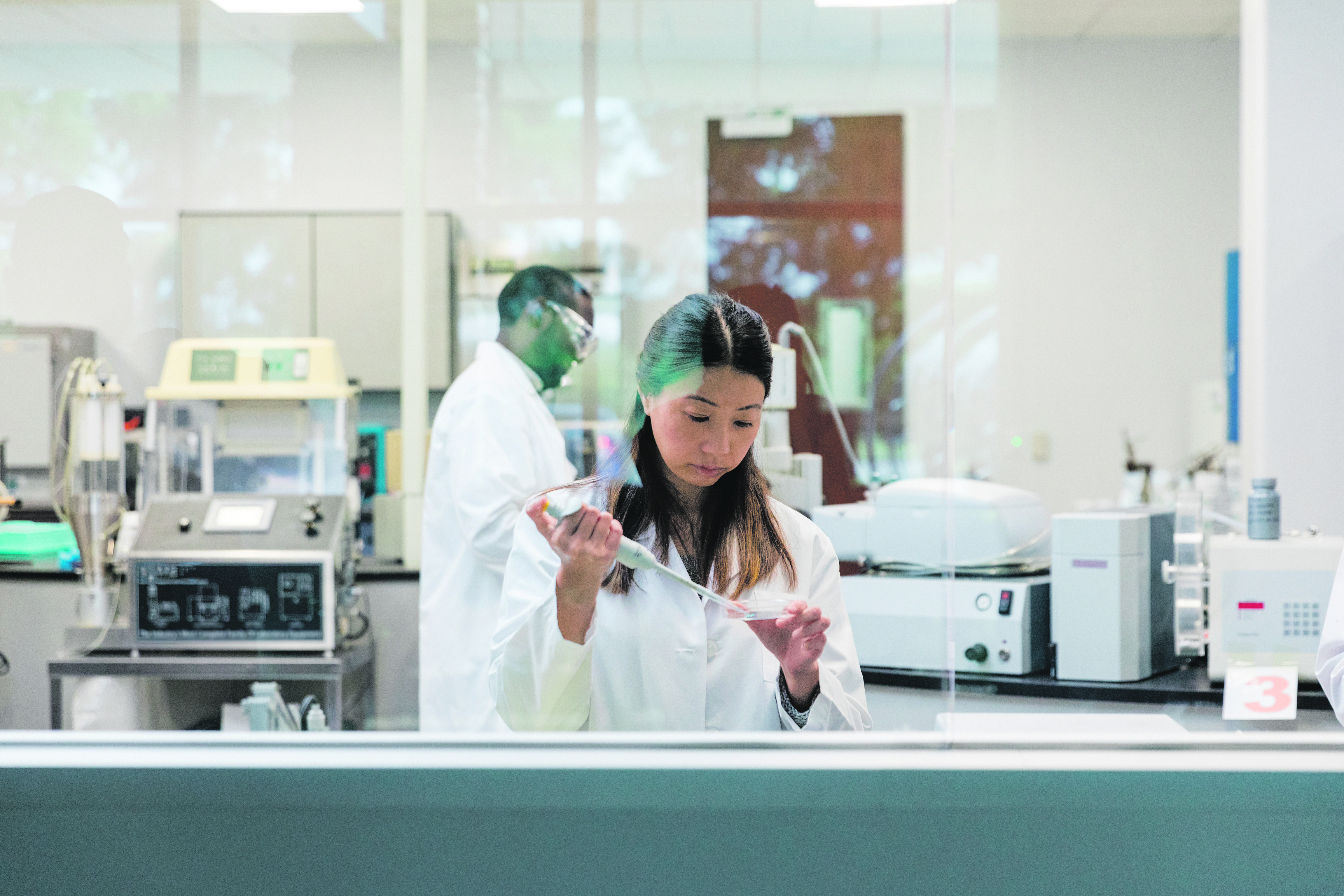Thousands of top scientists and researchers in the US, feeling unloved and underfunded by the Trump administration, are looking for new possibilities abroad. This is a huge opportunity for other countries, Britain included, to upgrade their workforce in activities that could be a source of significant long-term economic growth. Yet, as a report published last week by the Royal Society makes clear, rather than pull out all the stops to attract this talent, Britain subjects them to a significant financial deterrent.
The report ranks the upfront cost (including fees paid by applicant or employer, and other charges) of gaining legal entry as a skilled worker into Britain and 17 other “leading science nations”. Upfront costs can be an outsize turn-off for potential immigrants, given all the other unavoidable expenses around the time of an international move.
The upfront cost of the main British work visas was 22 times higher than the average in the other 17 countries. Britain’s Skilled Worker and Global Talent visas, in particular, were the priciest in any of the countries, at £12,451 – although if Donald Trump’s recent price increase to $100,000 for an American H-1B visa sticks, that will top next year’s list.
The expense is even higher for emigrating families, with the upfront cost of moving a family of four to Britain ranging from nearly £25,000-30,000. Britain is unique in charging an upfront charge for using its healthcare service, of £5,175 a head for a five-year visa (increased by 65% last year).
Strikingly, Canada, a strong rival to Britain for talent that is leaving the US, does not charge upfront for accessing its similar free-at-point-of-use healthcare system.
Cutting these upfront costs, ideally to zero, for the type of workers that Britain wants would be a relatively low-cost move that would send a powerful message of open arms.
Photograph by Getty
Newsletters
Choose the newsletters you want to receive
View more
For information about how The Observer protects your data, read our Privacy Policy



